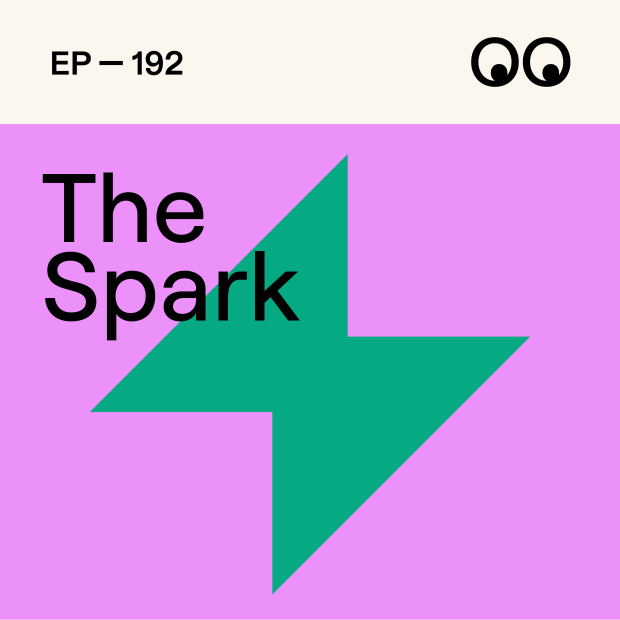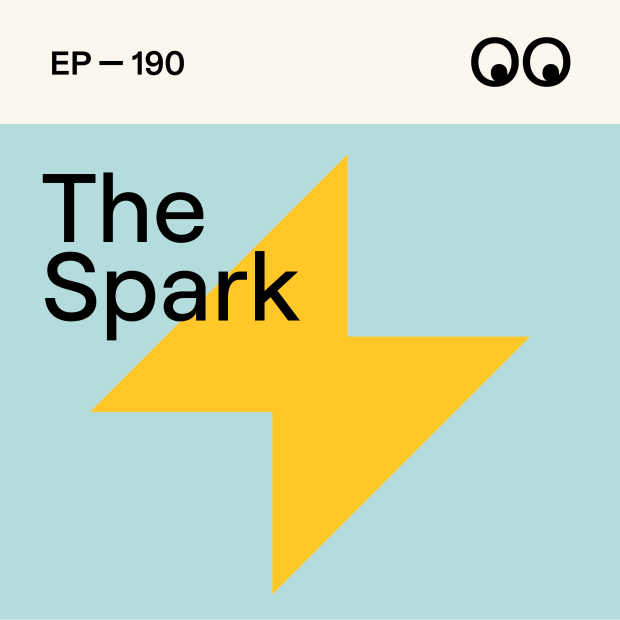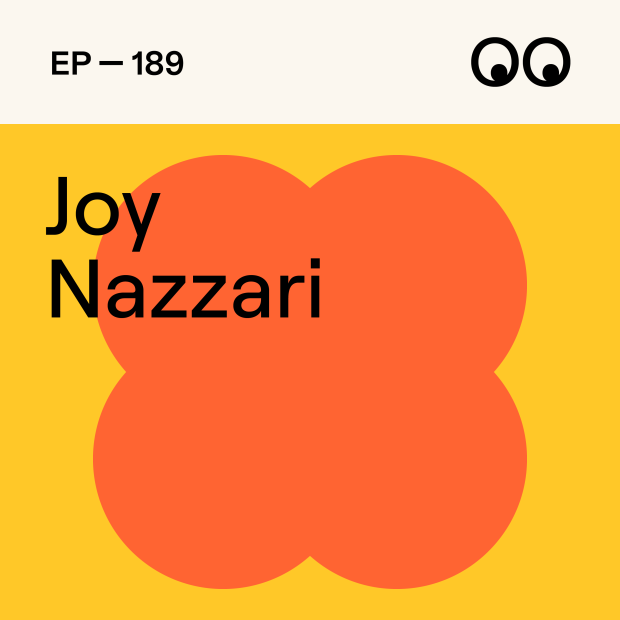Adobe reveals a content authenticity app to 'champion creator protection and attribution'
Research has found that 91 per cent of creative professionals seek a reliable way to attach attribution to their art and design. Adobe's soon-to-launch Content Authenticity is a tool that may just offer that solution.

Today, Adobe has introduced its Content Authenticity web app, which enables creatives to protect their work by attaching evidence proving it could have only been done by them. It works through Content Credentials – something like a nutrition label, but for digital content, it acts as secure, tamper-evident metadata that anyone can attach to their work to share information about themselves and provide context about how their content was created and edited.
The need for such Content Credentials has only become more urgent in recent years, as an increasing number of deepfakes, voice cloning, and various other synthetic media leave us scratching our heads and wondering what's real and authentic.
Content Credentials are part of a growing ecosystem of technologies available through the Content Authenticity Initiative (CAI), whose mission is to "restore trust and transparency in the age of AI". Adobe, along with CAI members in media, creativity, and the wider public, is "dedicated to restoring trust online by creating a standard way to share digital content without losing key contextual details such as who made it and when and how it was created". It makes sense. It explains why, alongside the CAI, Adobe co-founded a standards development organisation, the Coalition for Content Provenance and Authenticity (C2PA), to develop what it describes as an "open, global standard for sharing this information across platforms and websites" – beyond just Adobe products. Content Credentials is deemed an implementation of this standard.
It's certainly becoming a valuable tool for publishers, allowing them to provide key information about digital content to help consumers assess its trustworthiness. Now, with this new web app for creatives, Adobe is opening up the system's full potential to help the creative industries protect their work from misuse or misrepresentation and build a more trustworthy and transparent digital ecosystem for the world.
Of course, we can't ignore recent developments with Adobe that have angered some parts of the creative community. Nor that after a user backlash, it was forced to clarify how it will use creators' work.
The positive message continues in today's update, as Adobe says it is "dedicated to responsibly developing tools that empower creators to express themselves and tell their stories while helping address their concerns". It even carried out a study to get some feedback from creatives on generative AI and one of the standout insights was rising concerns over unauthorised sharing of their work or misattribution with 91% of creators seeking a reliable method to attach attribution to their work. Additionally, more than half (56%) of creators said they are worried about their content being used to train generative AI models without their consent. Quite right.
"Adobe is committed to responsible innovation centred on the needs and interests of creators," says Scott Belsky from Adobe. "Adobe Content Authenticity is a powerful new web application that helps creators protect and get recognition for their work."
Adobe describes the web app as a "simple, free and easy way for creators to protect their work". It was developed in close collaboration with the creative community, "incorporating their feedback at every stage" through one-on-one listening sessions, group discussions, user experience testing, and more, to ensure it is "truly built by and for creators".

Anyone who uses Photoshop, Lightroom, and Firefly will see that each tool already supports these Content Credentials. The new web app will also integrate with these Creative Cloud apps, acting as a central hub for managing and protecting work.
So, aside from applying content credentials quickly and easily to images, audio, and video files, what are the biggest benefits of the Content Authenticity web app? Well, creators have control over the information included, such as their name, website, and social media accounts, and Adobe plans to offer more customisation options in the future.
And here's where it gets especially interesting. Through the app, you can set your 'Generative AI Training and Usage Preference' – as in, you can opt out. Adobe states that it only uses such training for Adobe Firefly, its "family of creative generative AI models", on content it has permission to use — never on customer content. So, if that isn't for you, simply say so.
However, as we all know, not all generative AI models on the market follow this approach. With the Generative AI Training and Usage Preference in the web app, however, creators can use Content Credentials to signal if they do not want their content used by or to train other generative AI models on the market.
Correct me if I'm wrong, but this feels like a big shift for Adobe, given we asked you a year ago whether they'd become the "frenemy of creatives". The company claims it is actively working to drive industry-wide adoption of this preference so that other generative AI models that support it do not train on or utilise creators' work. Spawning, an opt-out aggregator for generative AI, has also said "it's committed to recognising this preference".
It all feels super positive, but can Adobe and others be trusted? Particularly when you step back and consider the long-term business plan of global software motivated by profits. It's possible that we can because, in addition, content marked with this preference indicating that the creator "does not want their work used for generative AI training" will not be eligible for submission to Adobe Stock either. For clarification, Adobe states that Firefly is trained on "licensed content from Stock", and this preference "helps ensure that Adobe respects creators' content use choices".
Now, how about checking available Content Credentials easily while browsing the web? Adobe is releasing a Content Authenticity extension for Google Chrome, and there's an Inspect tool within the web app to recover and display any Content Credentials associated with any content posted online, including edit history when available. Wow.
The whole system promises to be durable, too. Any Content Credentials applied with the web app stay securely connected to the creator's work throughout the content lifecycle and can be recovered "even if the provenance information is removed or when someone takes a screenshot of the content." How does that work? Apparently, it's a combination of digital fingerprinting, invisible watermarking, and cryptographically signed metadata.
So, we've got your attention. When is Adobe's Content Authenticity web app available? A free public beta will officially launch in early 2025. You can learn more about the tool and sign up here to be notified when it is available. Meanwhile, a free beta of the Content Authenticity extension for Google Chrome is available starting today.






















